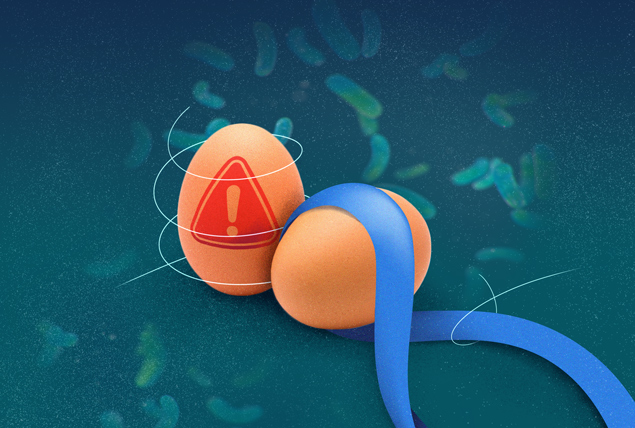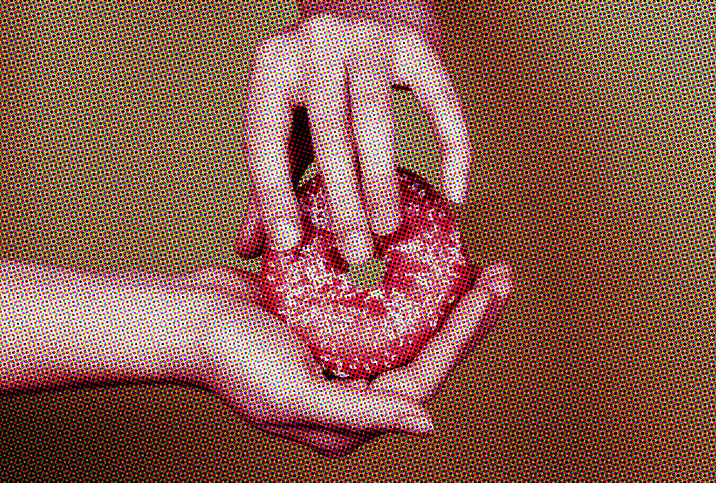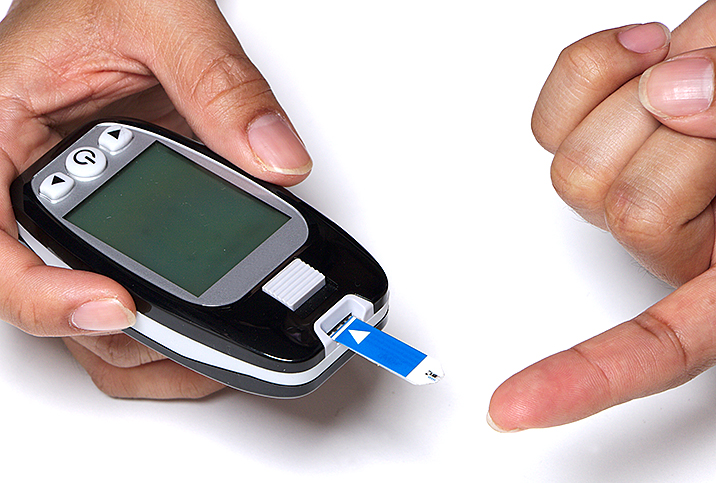The Connection Between Diabetes and Low-T

Our understanding of the physiological and psychological causes of erectile dysfunction (ED) is more fully developed than at any time in history. For instance, we know the physical conditions that contribute to ED include medical issues such as heart disease, high blood pressure, obesity, diabetes and low testosterone.
And while there's a lot of crossover among these conditions—especially in older men—there's a fascinating pairing between two of them that deserves closer attention: diabetes and low testosterone (low-T).
Diabetes, testosterone & erectile function
Untreated diabetes can lead to nerve damage, also known as diabetic neuropathy, and if this nerve damage occurs in the penis, it can lead to ED. In addition, diabetes can cause damage to blood vessels that provide the blood flow necessary to achieve an erection.
Testosterone, on the other hand, is the male hormone that drives the male libido. It also helps send a signal to the brain that it's time to produce nitric oxide, beginning the process that results in an erection. Without a sufficient sex drive and the necessary brain signaling, however, achieving an erection can prove to be an insurmountable challenge.
Furthermore, there are links between low testosterone, depression and obesity, so it's easy to see that low-T could contribute to reduced erectile function in other ways, given that both depression and obesity are factors in ED.
The low-T/diabetes connection
Now here's where it gets interesting. Researchers, in a study published in 2008 in the Journal of Clinical Endocrinology & Metabolism, found that up to 43 percent of men with type 2 diabetes have reduced total testosterone levels, with 57 percent showing reduced free testosterone (testosterone not attached to any proteins) levels. The study concluded that testosterone deficiency is common in men with diabetes, regardless of the type, and testosterone levels are partly influenced by insulin resistance.
In some good news, however, many studies since have shown testosterone therapy can help raise low testosterone levels and more. One study published in the journal Diabetes Care suggested that six months of testosterone therapy for men with type 2 diabetes led to improved insulin resistance—a vital piece of the puzzle when fighting diabetes—as well as improved sexual function.
Another research project, a 2019 meta-study published in the World Journal of Men's Health, examined more than 1,700 articles and 84 trials that took place over 12 years. Researchers found testosterone therapy for men with prediabetes led to improved sexual function, quality of life, bone density and muscle mass. The study also indicated an improvement in glycemic control (typical levels of blood sugar in diabetic people), an intriguing finding for diabetes research.
The Lancet published a two-year University of Adelaide (Australia) study of obese men who were considered prediabetic. Those researchers found that testosterone therapy had a profound effect. Of the men who received testosterone injections for two years, only 12 percent developed diabetes, while 21 percent of the placebo group did.
What you can do about it
Unfortunately, we can't stop aging, and it's a fact that men's testosterone levels tend to drop by about 1 to 2 percent each year after they reach age 30. Another fact is that roughly 18 million men in America have type 2 diabetes and about 41 million have prediabetes, according to the Centers for Disease Control and Prevention (CDC). However, while these issues are related, they certainly don't determine your destiny in terms of erectile function.
By controlling your diet, getting enough exercise, keeping your weight at an acceptable level and getting your blood tested, you can keep any tendency toward type 2 diabetes in check. With what we now know about how low testosterone interacts with diabetes, it's important to get your testosterone levels checked regularly, as well.
If you think you have low-T or appear to be prediabetic, talk to your doctor about testosterone therapy and how you can address your blood sugar levels.
Don't have a doctor you see regularly? Get one. Giddy telehealth can connect you with a doctor who can answer your questions and evaluate your situation. Many physicians offer video visits, which are a good way to see a doctor quickly since a lot of them have same-day appointments. Giddy telehealth's easy-to-use online portal provides access to hundreds of healthcare professionals whose expertise covers the full scope of medical care, including men's health.














